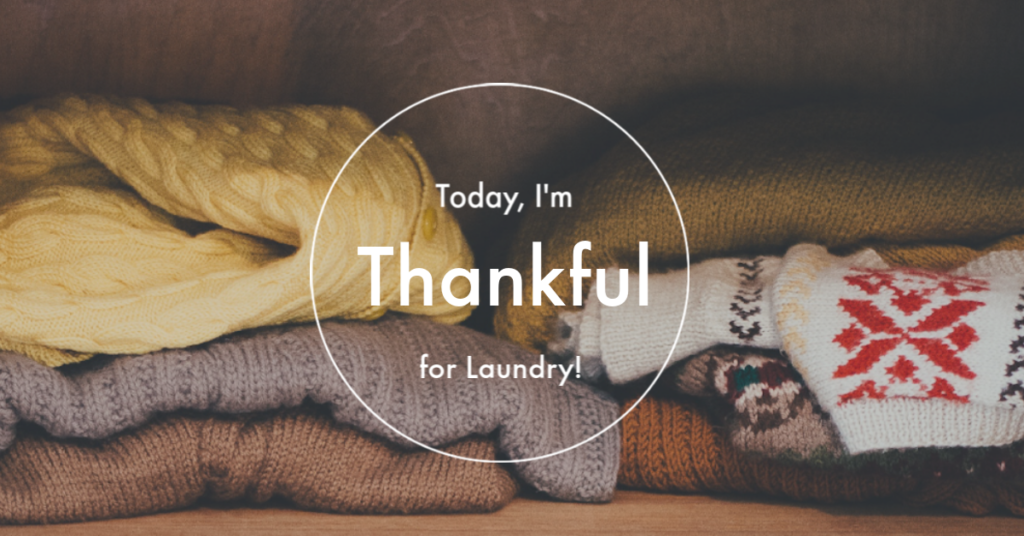It’s no surprise that military marriages face a higher rate of infidelity and divorce than our civilian counterparts. Jobs and lifestyles that are fraught with instability, uncertainty and isolation do not make for the most successful outcomes. Routine TDYs and deployments, long work hours and classified missions can fracture an already rocky relationship.
But you know this already. Maybe you’ve even experienced it yourself. The question is-now what? How do you move forward when your relationship has been rocked by infidelity? Is your partner bound to cheat again? Is once a cheater always a cheater?
Before we dive into this, I think it’s important that we address what cheating actually is. Ask 10 people to define cheating and you’re likely to get 10 different answers. It doesn’t matter what your sister or your best friend thinks cheating is. What matters is how you and your partner define it. I encourage you to have this conversation. And if you don’t know how to do it without it feeling awkward, use your “friend” as a way to initiate the conversation. “Did you hear that Jay cheated on Jim? I know we’ve never talked about it, but how do you define cheating?” This is an easy way to introduce the concept of cheating and begin a dialogue around definitions without it feeling emotionally charged.
Remember to be specific when you’re considering how to define cheating. I want you to contemplate this process as really creating a boundary for your relationship. A way to preserve the integrity of it. It’s not about creating arbitrary rules. Some questions to consider are: is looking at porn cheating? Is kissing someone else cheating? Is fantasizing about someone else cheating? At what point is the integrity of the relationship compromised?
Because that’s really what cheating exposes-a boundary violation. A betrayal. But partners can’t be held accountable or maintain proper boundaries if they don’t know what those boundaries are and are able to identify what constitutes a violation. Not that that’s an excuse to dishonor your relationship. It’s most definitely not.
Cheating doesn’t have to be the end of a relationship. If it’s a deal breaker for you, that’s totally fine. I’ve worked with lots of couples who have overcome infidelity in their relationship. It’s completely possible; it just requires some work. You move forward in your relationship by deciding that’s what you want to do. You want to repair the relationship. You want to address the issues that have brought you to this point. You want to heal. Want to know the secret sauce for doing all of that? Forgiveness. Resentment is a relationship killer. And the only way to move past resentment is through forgiveness (that’s a whole topic in itself, so I won’t attempt to do the concept of forgiveness justice here). But that’s the price for healing-forgiveness. And no one gets to tell you when you should forgive your partner. That’s up to you and you alone. This also applies to the person who cheated. Forgiveness of yourself is also required to effectively move forward.
One concern I see couples have is if the person who cheated is likely to cheat again. Are cheaters just gonna cheat? Once a cheater always a cheater? The answer is complicated. As we know, someone who cheats does so for a variety of reasons. Relationship dissatisfaction, unmet needs, poor decision making, etc… It’s important to remember that the overwhelming majority of people who cheat don’t intentionally do it to hurt the other person. That doesn’t really matter when you’re the one who’s been cheated on. Pain is pain.
Here’s something to consider. I find it helpful to understand that we recreate what feels safe to us. So if you grew up in a “chaotic” (that’s a subjective term that can only be defined by the person) household where your nervous system was always being activated (are mom and dad going to keep fighting? Will mom’s boyfriend leave again? Am I going to be criticized for doing something wrong?), then you’re going to recreate those patterns in your own relationships. If you’re not used to peace in your relationships, then you will subconsciously find ways to sabotage ones that feel peaceful. It’s why your one friend continues to date men that cheat on her. Because that is what her nervous system is used to and what feels safe, even if it goes against everything her conscious brain is desiring.
So until the person who cheats addresses WHY they cheated, the real root issue, then yes, they are likely to seek opportunities that result in more infidelity. But if they do the work, understand what is causing them to be open to having their needs met by someone outside their relationship, then the cycle can stop.
And wherever you’re on the path in your relationship, whether you’re years out from that one time your partner cheated, or you’re knee deep in Kleenexes from all the tears you’ve been crying, know that healing isn’t a linear path. Some days it’s two steps forward and four steps back. And sometimes you forget that this was ever an issue you and your partner faced. It’s all part of the process. Keep going.











